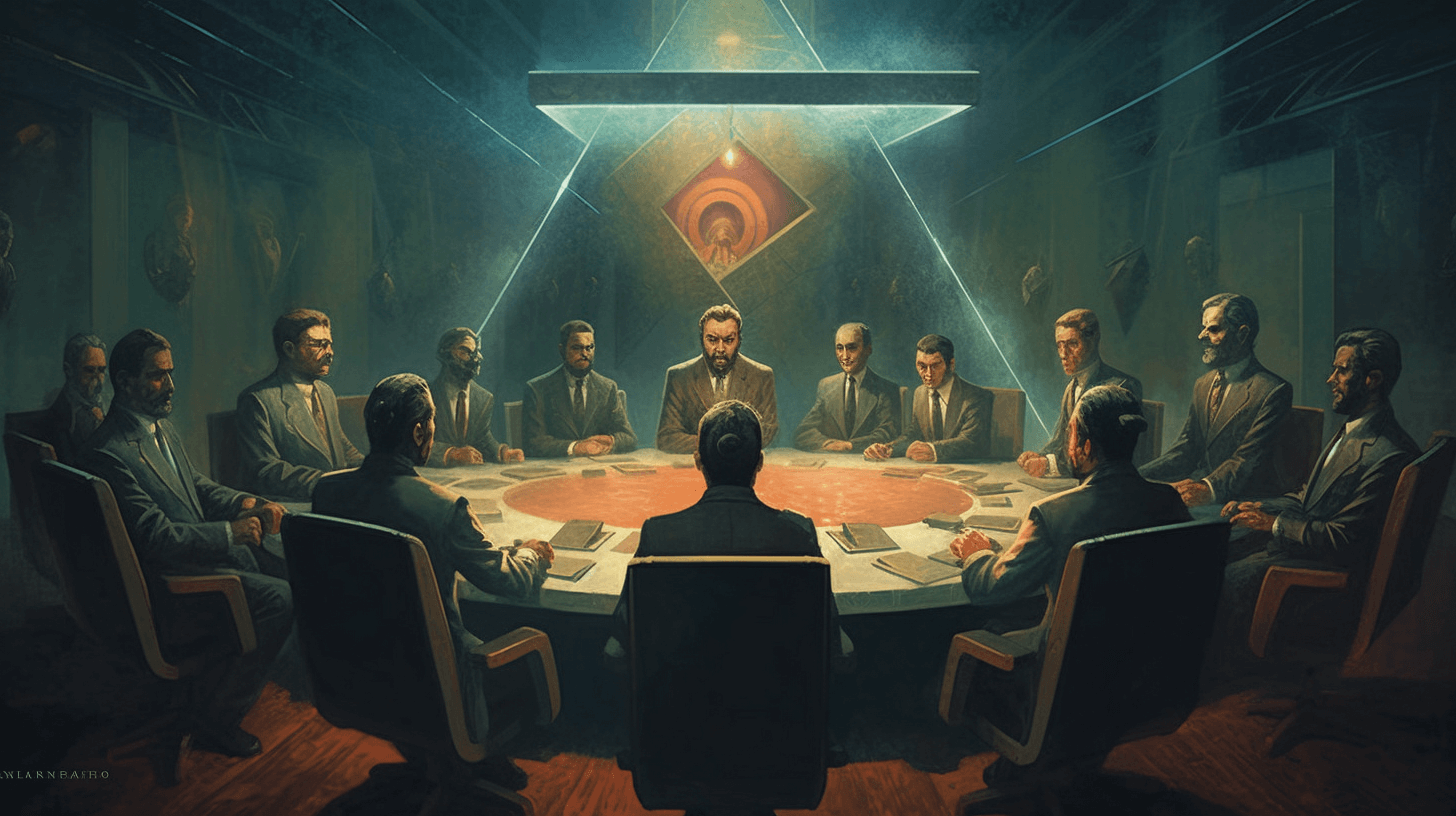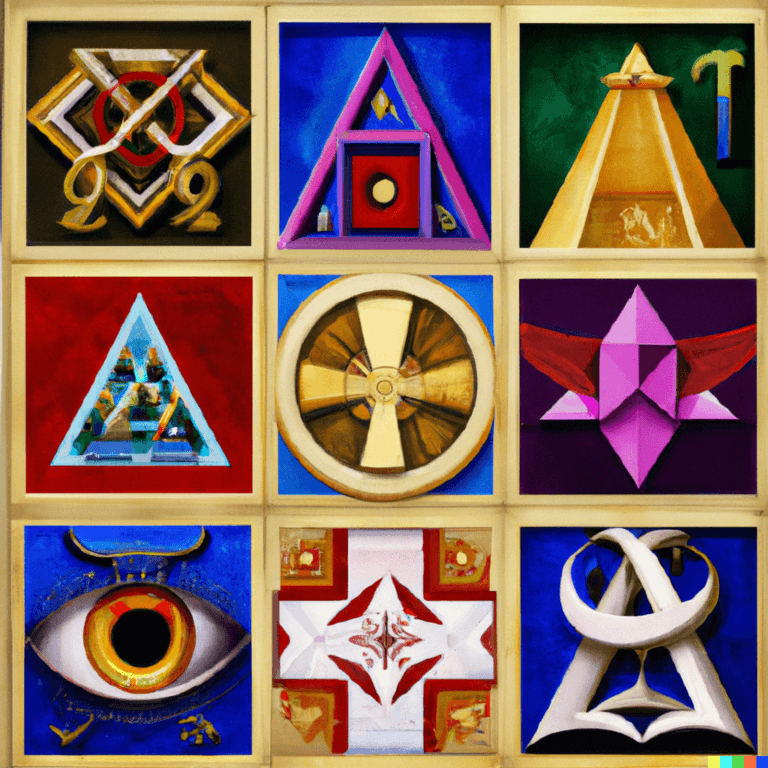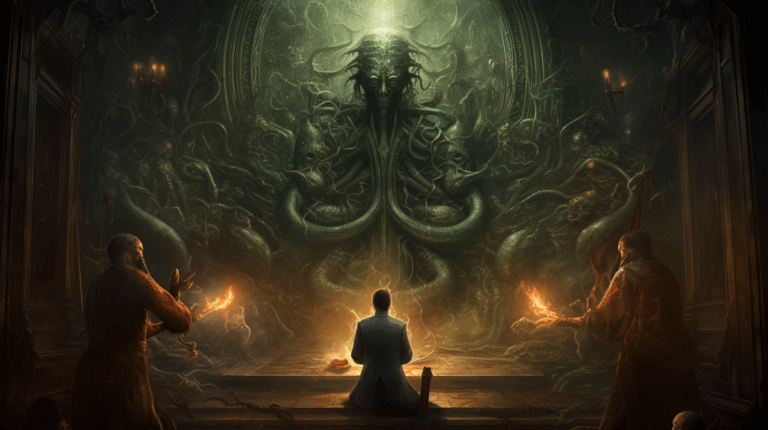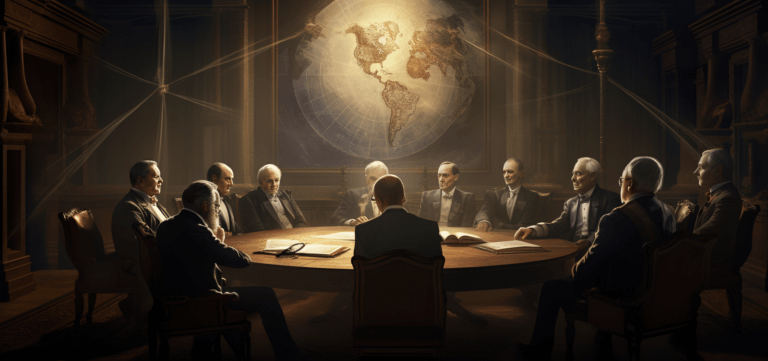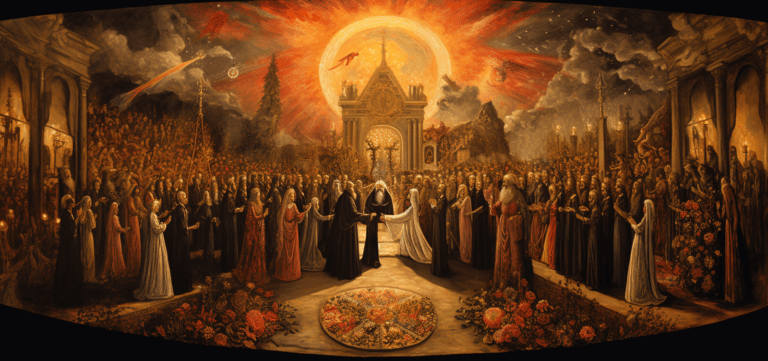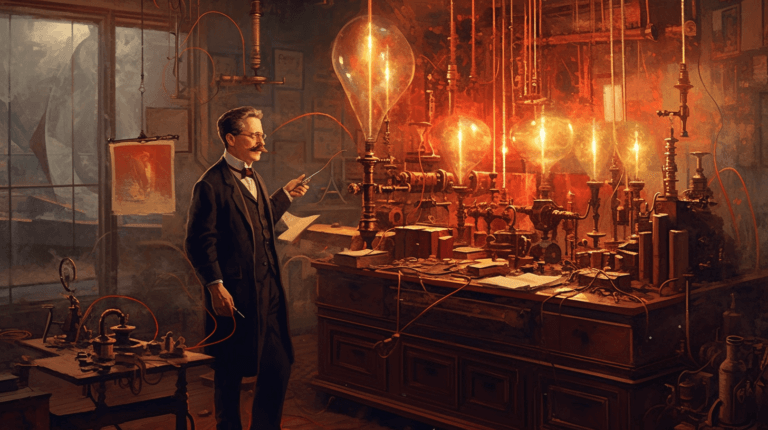Secret Societies
Introduction to Secret Societies:
Throughout history, secret societies have captivated the imagination of people around the world. These clandestine organizations, shrouded in mystery and intrigue, have existed for centuries, each with its own rituals, beliefs, and objectives. From ancient civilizations to modern-day clandestine gatherings, secret societies have played significant roles in shaping human history. In this article, we will delve into the fascinating realm of secret societies, examining their historical significance and exploring some notable examples from various periods.
The Illuminati:
The Illuminati, one of the most infamous secret societies, originated in Bavaria, Germany, in the late 18th century. This clandestine group, initially founded as the Order of Perfectibilists, aimed to promote enlightenment ideals and overthrow oppressive political systems. Although their existence was short-lived, their alleged influence in political affairs and involvement in conspiracy theories have persisted to this day.

The Carbonari:
Active in Italy during the early 19th century, the Carbonari were a secret society with a revolutionary agenda. Composed mainly of middle-class professionals and intellectuals, they sought to overthrow oppressive regimes and promote Italian unification. Their clandestine activities and role in nationalist movements played a significant role in the fight for Italian independence.
Skull and Bones:
Skull and Bones, a secret society founded at Yale University in 1832, has remained a subject of intrigue and speculation. Comprised of influential individuals from various fields, including politics and business, its rituals and secrecy have fueled numerous conspiracy theories. The society’s influence in shaping the power structure of the United States has been a topic of debate.
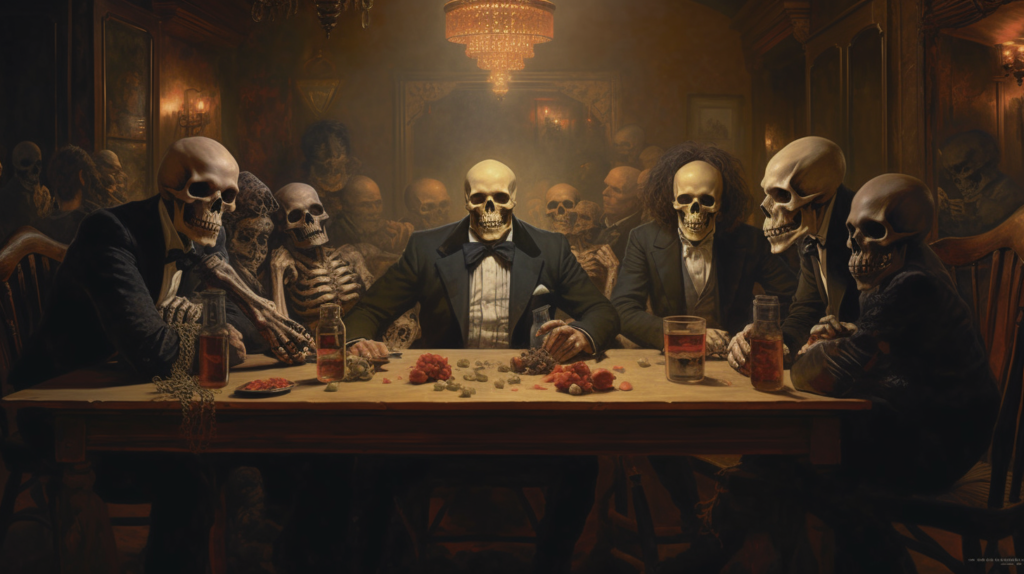
The Thule Society:
Emerging in Germany during the early 20th century, the Thule Society gained notoriety for its influence on Adolf Hitler and the rise of the Nazi Party. This secret society promoted Aryan supremacy, anti-Semitism, and occultism, shaping Hitler’s ideology and playing a significant role in the events leading up to World War II.
The Triads:
Originating in China during the 18th century, the Triads are secret societies associated with organized crime. These secret criminal organizations have been involved in various illegal activities, such as drug trafficking, extortion, and human trafficking. Their hierarchical structures, initiation rituals, and coded symbols continue to fascinate researchers and enthusiasts alike.
The Bilderberg Group:
The Bilderberg Group, an annual invitation-only conference, brings together influential figures from politics, business, and academia. Founded in 1954, this secretive gathering sparks conspiracy theories regarding global governance and hidden agendas. The closed-door discussions have raised suspicions about potential behind-the-scenes decision-making.
Freemasons:
Freemasonry, a fraternal organization dating back to the 17th century, has attracted countless members worldwide. With its symbolic rituals and moral teachings, Freemasonry emphasizes fellowship, personal development, and philanthropy. Notable historical figures like George Washington and Benjamin Franklin were among its prominent members, leading to speculation about its alleged influence in shaping world events.

Conclusion:
Secret societies have undeniably left their mark on history, captivating our collective imagination. While some secret societies have pursued noble ideals of enlightenment and personal development, others have been entangled in dark conspiracies and clandestine activities. Whether their influence is real or imagined, these secret societies serve as a reminder of humanity’s fascination with secrecy and the allure of hidden knowledge. As we continue to explore the enigmatic world of secret societies, we are reminded of the power they wielded and the impact they have had on shaping our past and present.
